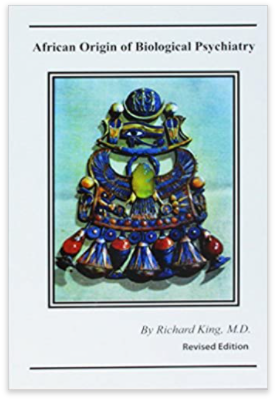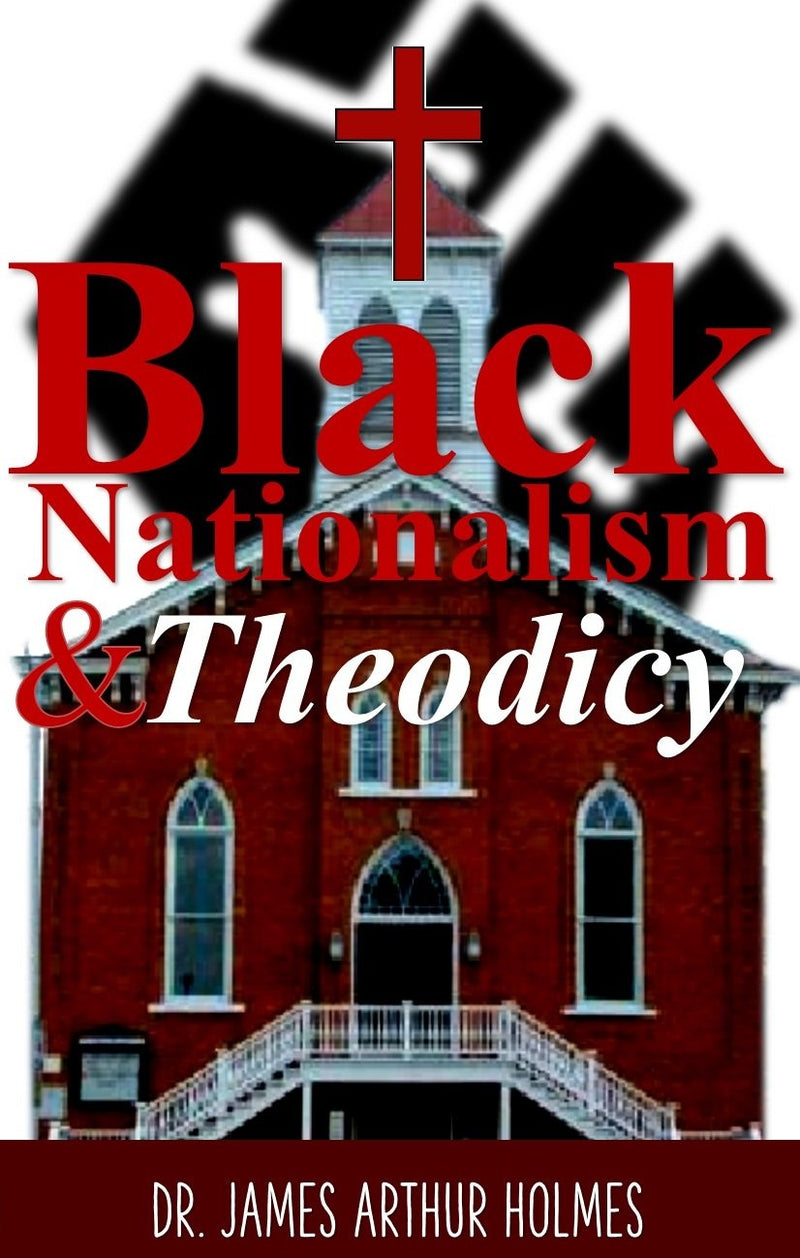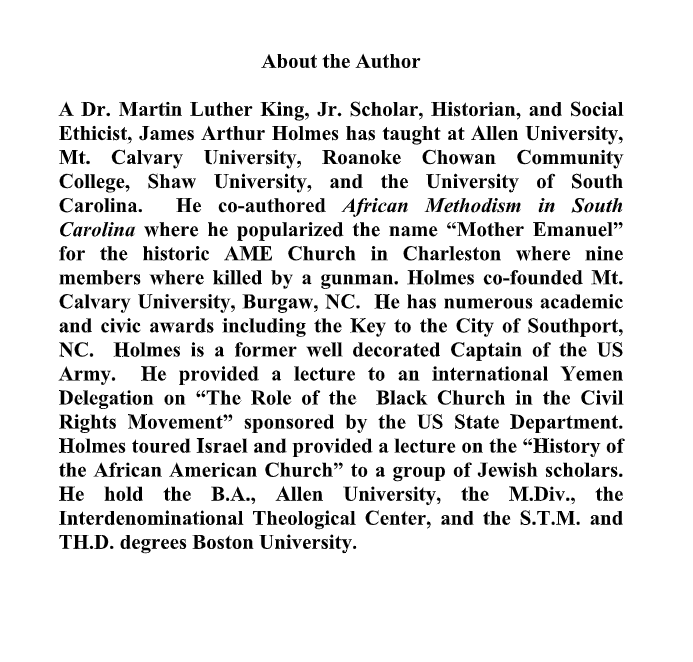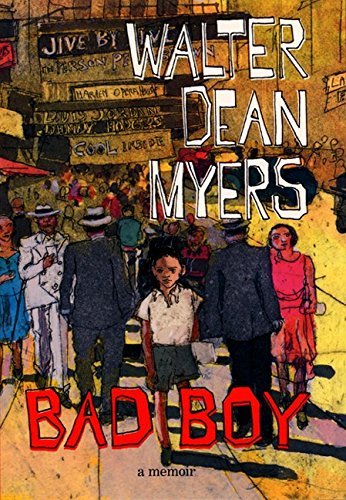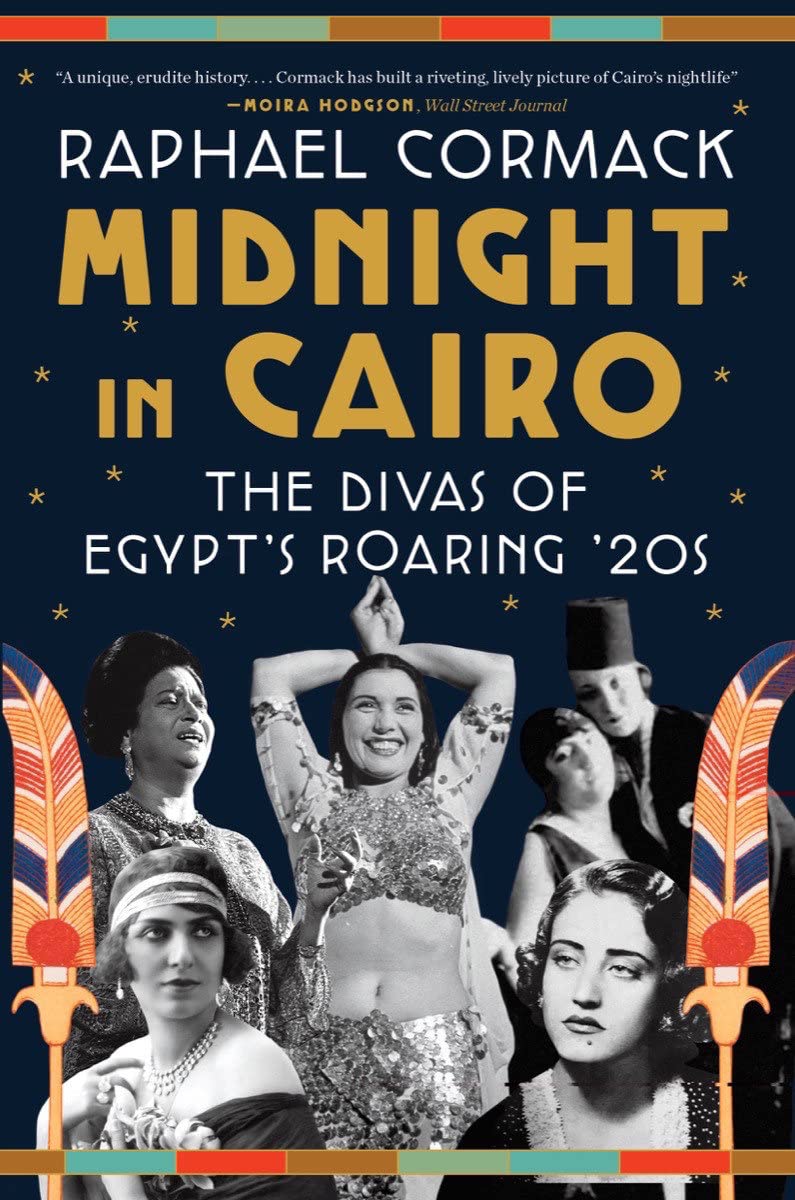Charles Marion Russell: The Life and Legacy of the Wild West's Most Prolific Artist
ISBN: 9781676394457
*Includes pictures
*Includes excerpts of contemporary accounts
*Includes a bibliography for further reading
The exploration of the early American West, beginning with Lewis and Clark’s transcontinental trek at the behest of President Thomas Jefferson, was not accomplished by standing armies, the era’s new steam train technology, or by way of land grabs. These came later, but not until pathways known only to a few of the land’s indigenous people were discovered, carved out, and charted in an area stretching from the eastern Rocky Mountains to the Pacific Ocean, and the present-day borders of Mexico and Canada. Even the great survey parties, such as Colonel William Powell’s exploration of the Colorado River, came decades later. The first views of the West’s enormity by white Americans were seen by individuals of an entirely different personality, in an era that could only exist apart from its home civilization.
Naturally, the West was an endless source of fascination for those who were either personally or circumstantially ill-suited to travel there. As explorers opened trails and people expanded the frontier, unusual walks of life like cattle drives and hunting became commonplace, as did images of dusty boomtowns. Before the Transcontinental Railroad connected the Atlantic and Pacific, the Old West possessed a distinctly separate culture from the East Coast, and cowboys, early settlers, and an enormous array of indigenous peoples produced a hybrid culture that seemed doomed to disappear as a result of the inevitable modernization.
*Includes excerpts of contemporary accounts
*Includes a bibliography for further reading
The exploration of the early American West, beginning with Lewis and Clark’s transcontinental trek at the behest of President Thomas Jefferson, was not accomplished by standing armies, the era’s new steam train technology, or by way of land grabs. These came later, but not until pathways known only to a few of the land’s indigenous people were discovered, carved out, and charted in an area stretching from the eastern Rocky Mountains to the Pacific Ocean, and the present-day borders of Mexico and Canada. Even the great survey parties, such as Colonel William Powell’s exploration of the Colorado River, came decades later. The first views of the West’s enormity by white Americans were seen by individuals of an entirely different personality, in an era that could only exist apart from its home civilization.
Naturally, the West was an endless source of fascination for those who were either personally or circumstantially ill-suited to travel there. As explorers opened trails and people expanded the frontier, unusual walks of life like cattle drives and hunting became commonplace, as did images of dusty boomtowns. Before the Transcontinental Railroad connected the Atlantic and Pacific, the Old West possessed a distinctly separate culture from the East Coast, and cowboys, early settlers, and an enormous array of indigenous peoples produced a hybrid culture that seemed doomed to disappear as a result of the inevitable modernization.








